Gorse Farm is unique in lots of ways – but one stands out in particular.
Because while it might be three acres in total, just a half acre is actually farmed by Jenny Watkins and Janet Power. And they don’t see any need to expand further.
“I think that’s the message that really stimulates people,” reflects Janet. “That you can make a living off a fairly small parcel of land like this.”
Indeed, Janet and Jenny – who set up the farm in 2016 after they both made a career switch – are in full production 50 weeks of the year, supplying five local supermarkets as well as a number of restaurants with their organic leaves, salads and vegetables, which they grow on their hillside site in Barnahask, Co Carlow, overlooking Mount Leinster: winning a coveted Euro-Toques award in May.
Change of direction
The farm is part of a larger mixed enterprise previously run by Jenny’s uncle Sam, but she originally followed a different path, studying ceramics in Wales.
“I graduated in 2008 when the recession happened and gave it a few years of trying to make it as an artist,” she explains. “And then I just started to look at other avenues and areas I was interested in.”
Having been gifted the three acres of farmland and with an interest in sustainable living, Jenny decided to study for a two-year diploma in organic enterprise at the Organic College in Dromcollogher, Co Limerick. Just as influential, however, was a six-month placement at Kildinan Farm in Co Cork with organic grower Rory McGrory.
“Up until visiting him I was like, ‘Oh God, I’m after doing something else that I’m going to be struggling to make a living out of,’ but he made me think that there was an opportunity here,” she explains.
Around the same time, Janet was also looking for a change in direction. Raised on a conventional dairy farm in Dromin, Co Limerick, that has since converted to an organic suckler enterprise, she originally studied food science and technology and worked in the pharmaceutical industry. In 2012, however, she decided to take time out to travel the world, working on organic farms and other eco-projects en route.
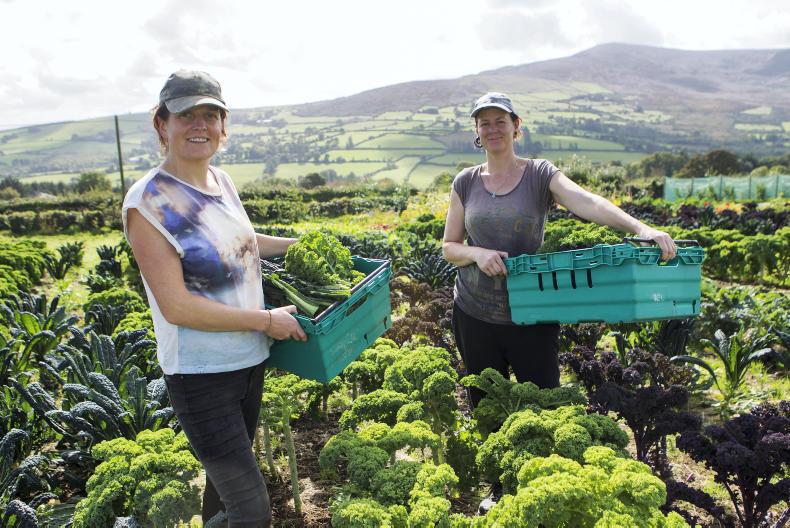
Thus inspired, on her return to Ireland in 2015, she also signed up for the course in Dromcollogher, which is where she met Jenny and the idea for Gorse Farm was born.
“She started telling me about the possibility of doing something up here and I suppose I was still feeling spontaneous after my years of travelling and I said I’d give it a go,” explains Janet.
Starting from scratch
Established in June 2016, the first step was to plant 400 native trees to create a shelter belt on the windswept site. Next, they installed two 50ft tunnels sourced second-hand from a local mushroom grower, as well as setting aside 100ft x 100ft for outside beds.
They estimate that they invested around €20,000 in the farm in the first year – including purchasing a refrigerated delivery van and a tractor, though Jenny was fortunate to be able to avail of the back-to-work enterprise allowance for the first two years, while Janet also received support by enrolling in a start-your-own-business course.
So we harvest twice a week, we deliver on the same day and they expect us in then
They were determined, however, that the farm would start generating income – and quick – which is why in their first season they focused on planting a small number of “cash crops” that they felt would sell best in their local supermarket.
“So we planted those two tunnels with the contents that would make up a salad bag,” says Janet, who explains that after approaching O’Reilly’s SuperValu in nearby Bunclody that September, they were asked to bring in five bags each of salad, spinach and kale the next day to trial in-store.
“That’s just how we progressed right from there,” she continues, adding that at the height of the season today, they supply five SuperValu stores in Bunclody, Enniscorthy, Gorey and two stores in Wexford, as well as a number of cafes and restaurants.
About 85% of their sales can be attributed to their salad bags, which retail at €2.50 and can contain up to 12 different varieties of leaves depending on the season, from lettuces and mild Chinese mustard leaves to herbs and even edible flowers.
They say they were able to negotiate a fair price by dealing direct with the supermarkets and feel that being “consistently reliable” is the key to their relationship to date.
“So we harvest twice a week, we deliver on the same day and they expect us in then… they know they can rely on us,” says Jenny.
Small is beautiful
Jenny and Janet also produce a number of summer crops like tomatoes, peppers, aubergines, sweetcorn, runner beans and “no dig” potatoes, which are sold mostly through the restaurants, as well as a veg and honesty box scheme. There is plenty of work for both of them, though they often have interns on the farm.
As sales have grown, they have installed two extra tunnels; but despite having three acres available in total, have no plans to expand their actual farm any further than the half acre.
“It’s the natural expectation that if you do something, you need to expand,” says Janet.
“What we want to show is if you have a small parcel of land, there’s an awful lot you can do.”
To make the most of their site, they have taken a number of steps. For instance, as their soil has just 5% clay content and 65% sand, they have sourced an organic mushroom compost to help retain moisture, switched to “no dig” beds and recently invested in a “wobbler” irrigation system and 5,000-litre reserve water tank, after lessons learned during the drought last summer. Increasing biodiversity on the farm is equally important to them; for instance, planting wild flower areas and an “edible” hedge.
They are also advocates for women in agriculture,and hope that their story might inspire others to explore their own potential
They have connected with like-minded farmers through the Irish Organic Association and Small Growers Network and are currently part of MOPS (Maximising Organic Production Systems): a three-year programme under the European Innovation Fund that is looking at how to best meet demand for organic produce in the market.
They are also advocates for women in agriculture,and hope that their story might inspire others to explore their own potential. However, they stress that it’s important to be aware of the practicalities and possible pitfalls by getting as much education and experience as possible in advance.
“I would say if somebody wants to do this, to go to a farm and work there for six months or a year if you can so you can see all the seasons and really see if this is something that you like,” says Jenny, while Janet also advises doing a “start-your-own-business course” as well as horticulture training.
“From my experience, it would be very important to maintain and develop those business skills as well, because suddenly you might find you have an end-of-year tax return and you have nothing; and there are lots of supports out there for that sort of thing,” she says.
Yet at Gorse Farm, Jenny and Janet are proving just what is possible with a little land and a lot of heart.
“We’re able to make a living – the two of us from half an acre; and I think it’s a really important message,” concludes Jenny.
For further information, visit their website.




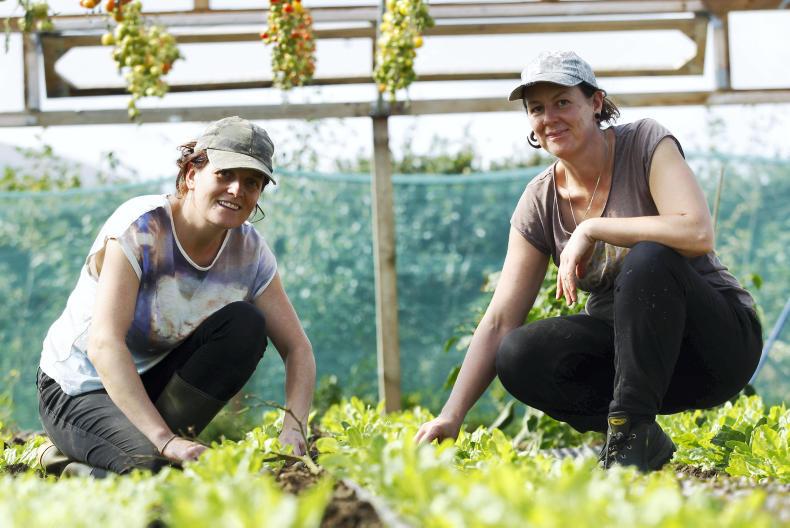
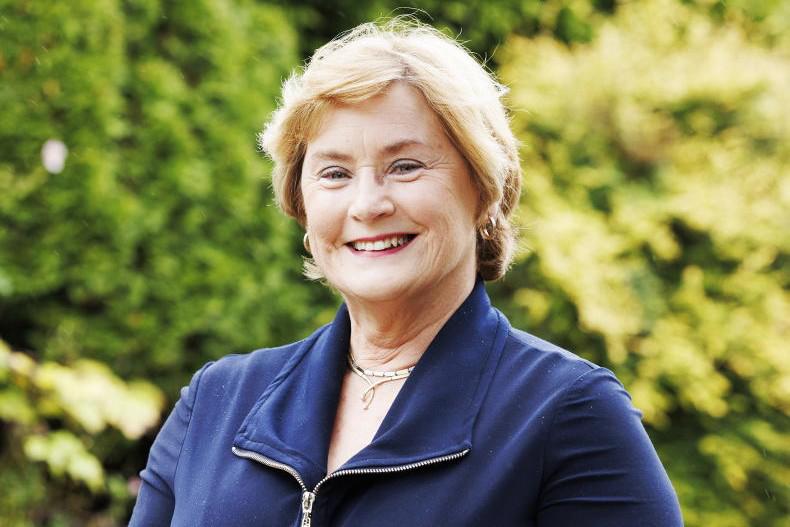
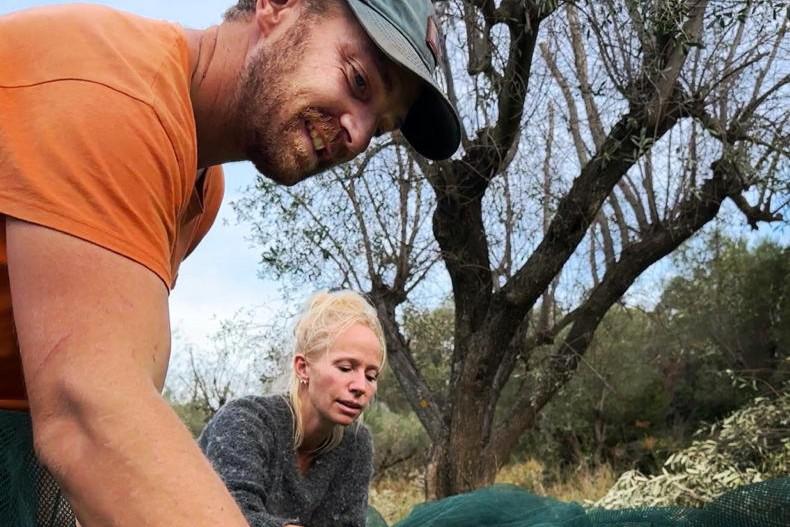
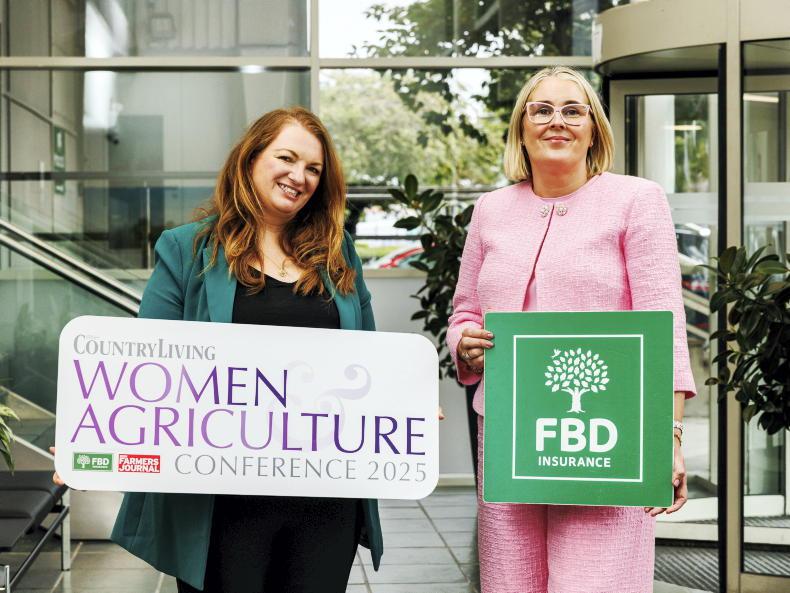
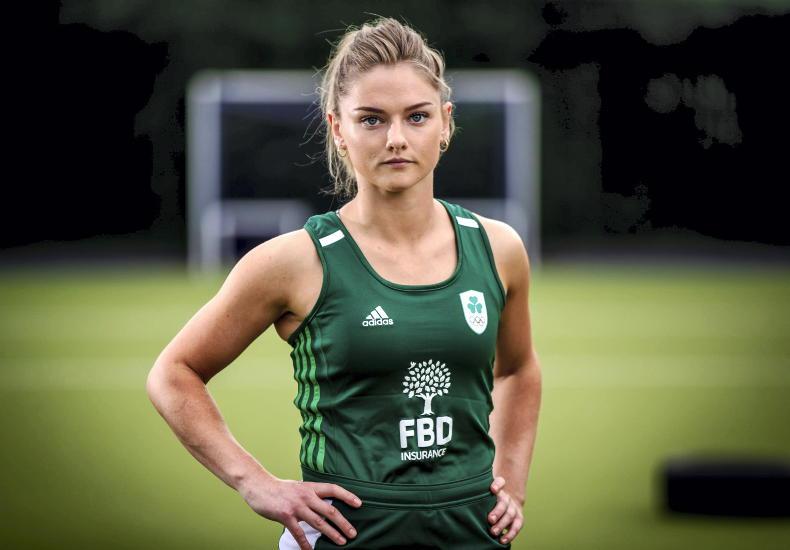
SHARING OPTIONS